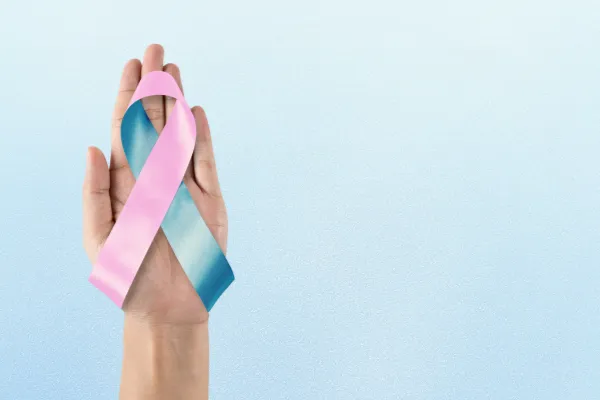Topics
Primary headaches are standalone conditions resulting from overactivity or problems with pain-sensitive structures in your head that can be treated and checked at Pantai Hospitals. They are not signs of underlying diseases. The more prevalent primary headaches are listed down below:
Tension-Type Headache
Tension-type headaches are usually characterised as a persistent, dull ache or pressure on both sides of the head; these headaches can go on from 30 minutes to a few hours. They are normally initiated by stress, poor posture, or muscle tension.
Migraines
Migraines are recurring headaches that can persist for hours or even days. Symptoms include throbbing pain on one side of the head, sensitivity to light and sound, nausea, and aura in certain cases. Hormonal changes, certain foods, stress, and lack of sleep are triggers for migraines.
Cluster Headache
Cluster headaches are characterised by severe burning or piercing pain around one eye or on one side of the head. These headaches happen in recurrent patterns and are usually connected to red or teary eyes, nasal congestion, and restlessness.
Secondary Headaches: Severe Underlying Conditions to Watch Out For
Secondary headaches happen because of underlying health conditions. Identifying these can be important for early treatment. Some severe causes include:
Brain Tumours
Although it is rare, headaches caused by brain tumors may exacerbate over time, accompanied by symptoms such as nausea, vision problems, or personality changes.
Stroke
An abrupt, serious headache can trigger a stroke, especially when accompanied by symptoms such as weakness, confusion, or difficulty speaking.
Aneurysm
A "thunderclap" headache is characterised as the most excruciating headache. It can be a sign of a ruptured aneurysm and requires prompt medical attention.
Infections
Meningitis or encephalitis can lead to serious headaches, accompanied by symptoms such as fever, stiff neck, and confusion.
Glaucoma
Elevated eye pressure in glaucoma can result in headaches, particularly around the eyes.
The Best Time to Seek Medical Attention for Headaches
Although many headaches can be treated with over-the-counter medication and lifestyle adjustments, some warning indicators necessitate prompt medical attention:
- Abrupt, serious headache
- Having a headache along with confusion, fainting, or seizures
- Constant headache after a head injury
- Headache with stiff neck, fever, or rash (indicative of meningitis)
- New or exacerbating headaches after 50 years old
- Headaches connected to vision changes, weakness, or difficulty speaking
What are the Tips for Managing and Preventing Headaches?
Developing healthy routines and steering clear of known triggers can help decrease the regularity and severity of headaches:
Keep Your Sleep Schedule Consistent
Insufficient sleep or irregular sleeping patterns can initiate headaches.
Stay Hydrated
Dehydration is a prevalent cause of headaches; target to drink at least 8 glasses of water every day.
Manage Stress
Techniques such as yoga, meditation, or deep breathing can help decrease stress levels.
Know Your Triggers
Note down and track your possible triggers, such as specific foods, environmental factors, or hormonal changes.
Maintain Proper Posture
Your neck and shoulder muscles can be strained by poor posture, causing tension headaches.
Avoid Overconsumption of Caffeine
Although tiny amounts of caffeine can help soothe some headaches, overconsumption can cause dependency and rebound headaches.
Schedule an Appointment at Pantai Hospitals
Knowing the type and cause of your headaches is the first step toward effective treatment and relief. At Pantai Hospitals, our professional team of neurologists and specialists is equipped to offer personalised care and advanced diagnostic tools to address your concerns. Don’t let headaches disrupt your quality of life. Schedule an appointment today and take the first step toward a headache-free future. You can also schedule an appointment via our website or download our My Health 360 application from Google Play Store.
Pantai Hospitals have been accredited by the Malaysian Society for Quality in Health (MSQH) for its commitment to patient safety and service quality.













